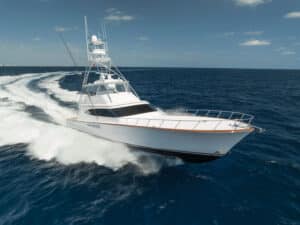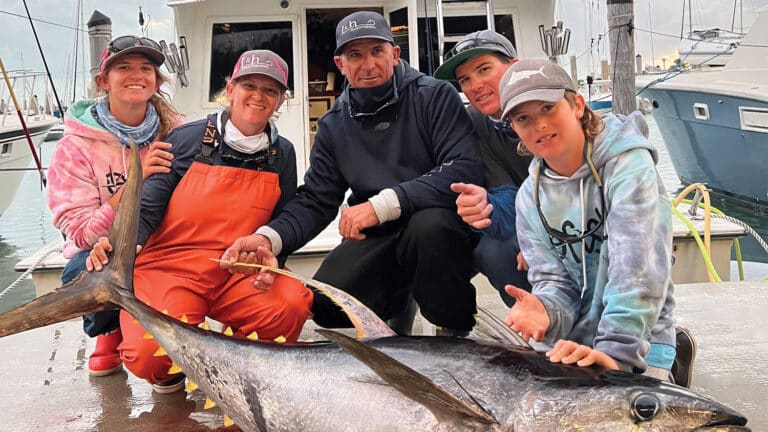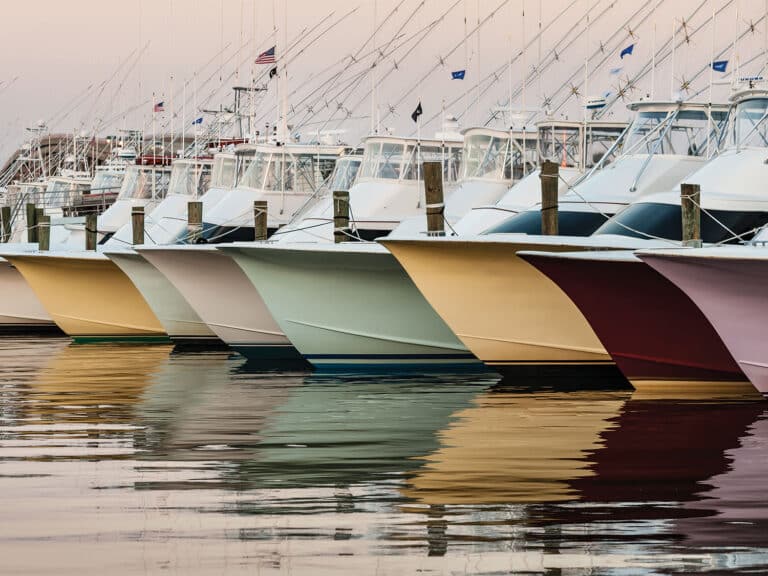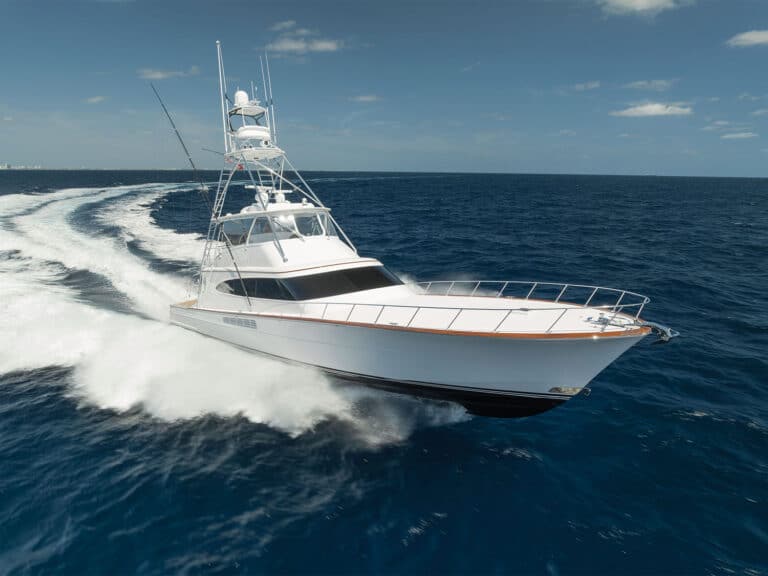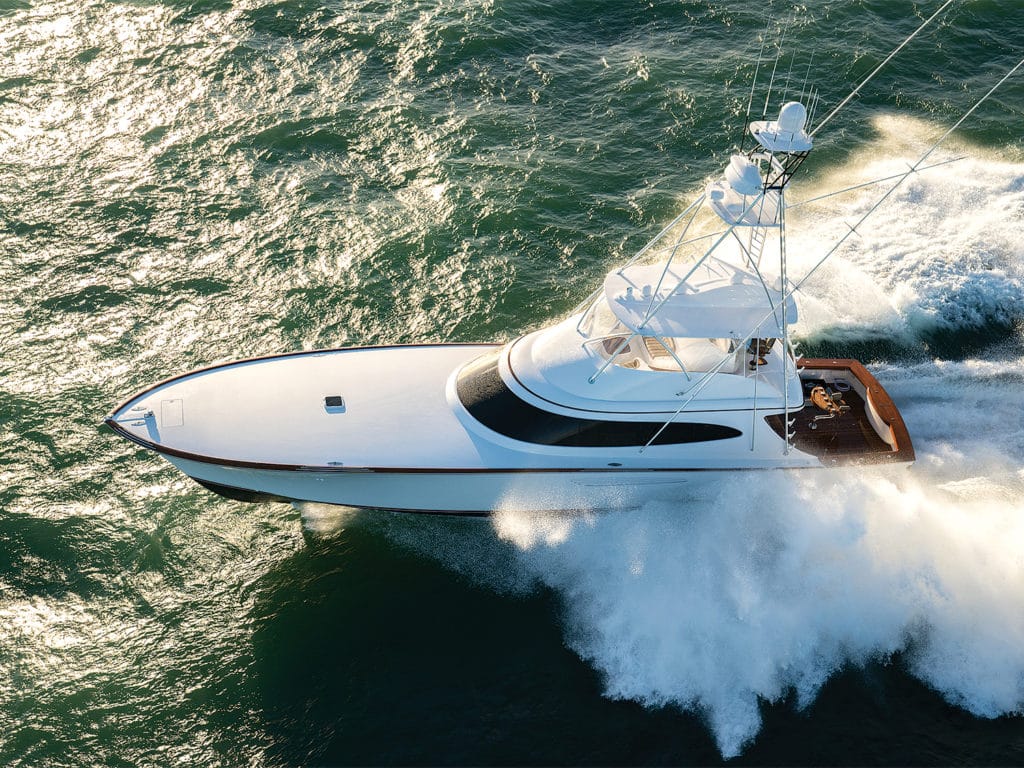
There is nothing better than spending the day out on the open ocean. However, aside from all that fun in the sun and the adventures that come along with it, does the average boat owner really understand and consider all of the inherent risks involved? Probably not.
In many cases, I would say the vast majority of our time is spent focusing more on that next trip rather than the limits of liability on our watercraft or yacht policy. Unless you’re a marine-insurance specialist or a maritime attorney who fully understands the fine print, the average owner or captain is usually not properly educated on all the risks and exposures.
Know Your Coverage
Insurance coverage is the same from company to company, right? While this might be true for many other types of insurance, it is not necessarily true for yacht insurance.
We are officially in a hard market in the insurance industry. In essence, that means the insurance companies are trying to regain profitability from past losses and improve on their combined ratio. The only way to do so is to eliminate the bad risks and be much more selective of what types of new risks they will consider to underwrite, and to price those risks and rates accordingly. Not only is pricing a factor, but the number of companies that are in that space are either consolidating their business or they are getting out. Aside from having a knowledgeable adviser who can guide you properly through the waters, it is just as important to be with a reputable company that thoroughly understands yacht insurance, especially in the time of a loss.
Watch: The Viking 37 Billfish is certainly a stunner.
Here are a few areas to consider when selecting or reviewing your policy. Physical loss and liability are two of the most important sections in your policy. In regard to physical loss, which covers accidental loss or damages to the boat and its machinery, an all-risk policy is the broadest form of coverage. If the cause of loss is not specifically excluded from your policy, it’s then covered. Wind, lightning, fire, collision, theft and vandalism are just a few of the perils this coverage will respond to as a covered loss.
Protect Your Worth
Protection and indemnity, also referred to as liability coverage in the marine world, protects you from legal obligations to a third party. This coverage is extremely important, and even more so for high-net-worth individuals. For example, a well-written policy that has broadened language will offer liability protection that offers coverage to match the insured’s financial needs, including legal-defense costs, pollution liability (as required by the Oil Pollution Act of 1990) and wreck removal. Uninsured-boater coverage, which offers coverage for injuries to you or your guests staying on board should an accident occur with limited or even no insurance, is also extremely important to consider.
Another important topic of conversation is agreed value versus actual cash value. It’s imperative to understand the difference between the two coverages in a total- and partial-loss settlement. Agreed value typically pays out for the amount listed on the policy in the event of a total loss. An actual cash-value policy will pay out up to the current market value of the vessel in the event of a total loss, taking into account depreciation and, in some cases, other factors.
Medical payments with adequate limits per person on a per-occurrence basis are also crucial. This coverage will respond to first-aid treatment, hospital visits and any other additional costs resulting from someone being injured on your vessel, even if you’re not legally responsible. If you employ paid crewmembers, you should check that your policy extends liability to the crew under the Jones Act and general maritime law.
Read Next: Be prepared for your next boat closing with this info.
Many of my clients appreciate it when they can get money back from the carrier. Haul-out reimbursement coverage will repay you the haul-out costs for moving your vessel to safety because of an impeding hurricane or tropical storm. Emergency towing and service to the nearest marina or service facility with delivery of any fuel or repair parts to the breakdown site is also an important coverage to consider, especially if you travel frequently.
Since every situation is different, it is always recommended that you consult with a marine-risk adviser to address what is best for you and your crew.


